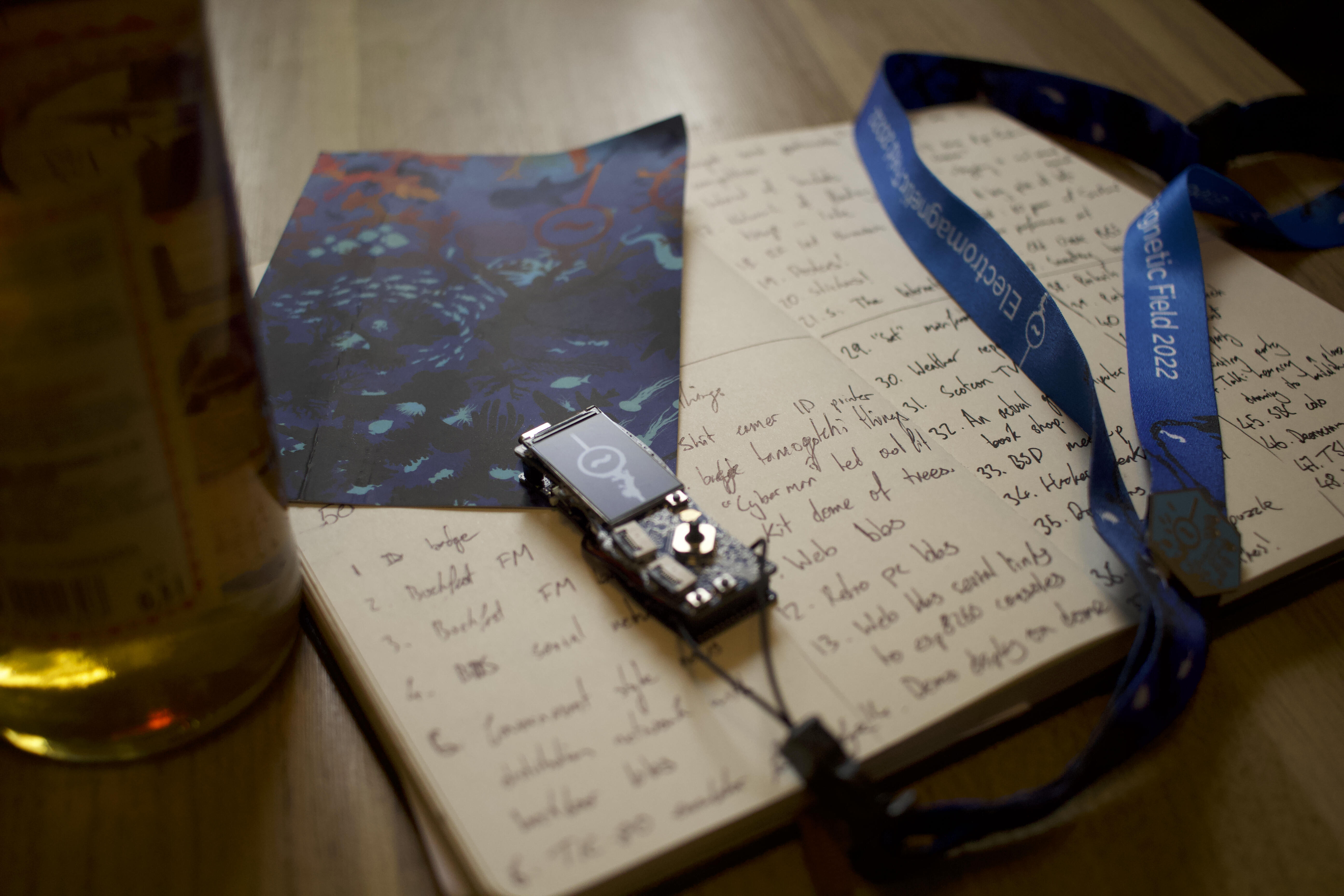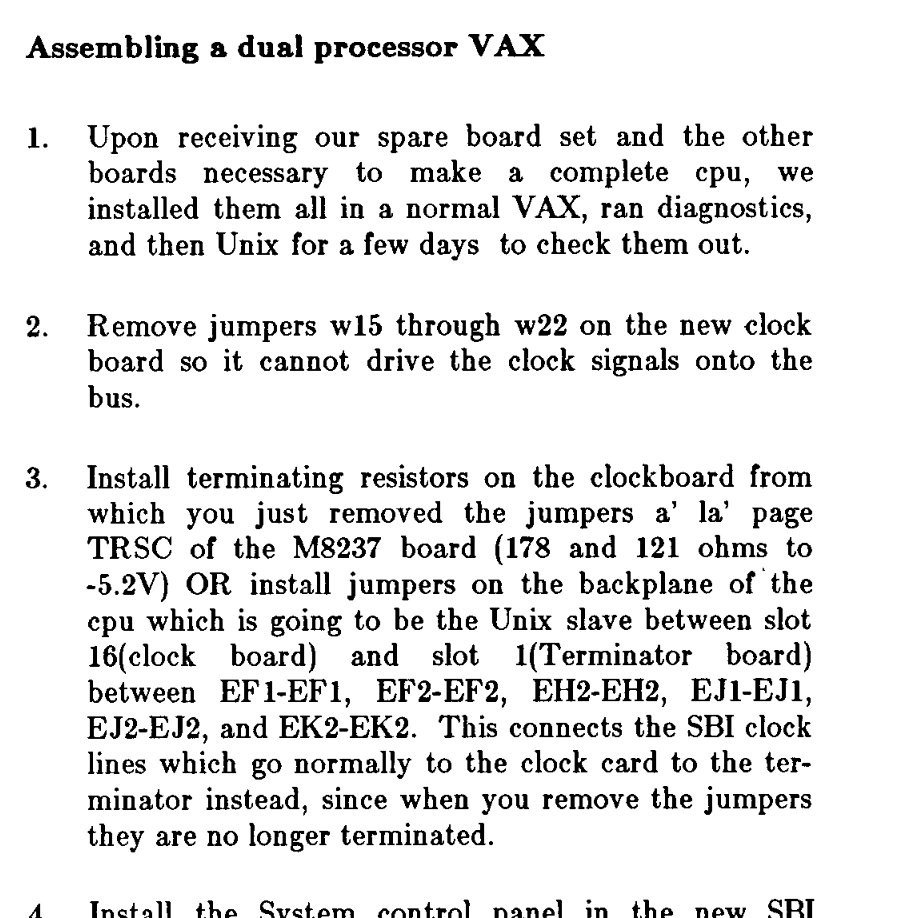Some ideas I picked from the electromagnetic fields
I made it to and from the Electromagnetic Field . It was quite an experience to return to a hacker large event after so many years.
A real review of the event will appear in the FreeBSD Journal this summer and I rambled a little at the end of BSDNow 459.
I don't think I could have articulated before hand exactly how much I missed the massive influx of energy being around people doing things gives you. To be honest, it probably explains why I spent so many years running things myself. The sheer magic of other people doing things seems to relax my brain and lets it fill up to the brim with new ideas.
In the vein of "“Make 50 of Something" ( which I learned about from Vi Hart making 50 fizzbuzzers ), I thought it was finally time to write down the ideas in the aftermath of the event and have a record of them.
50 is a lot of things, but I don't think this list actually captures everything that popped into my head. Much of this list is ideas I have been having over the last decade of going to hacker events, but unexecuted ideas can still be good.
- ID Badge
- Buckfast FM
- Buckfast FM badge
- BBS serial network
- Government style news distribution network with backdoor leading to a bbs
- TIC-80 simulator for the badge
- shit camera ID printer
- badge tamogotchi thing
- "Cyberman" led outfit
- kit dome of trees
- web bbs
- retro bbs
- web bbs serial links to esp consoles
- demo display on a dome
- longest serial transmission competition
- internet of buckets
- network of floaty led things in lake
- posters!
- stickers!
- sticker: The Internet is Bullshit
- sticker: Computers are a fuck
- sticker: "I'll drive if you feed me cheese"
- sticker: a big pile of tofu
- talk: 10 years of Scotland as performance art
- Old Unix BBS
- something targetting the badge
- "set" mainframe backdrop
- weather reports
- Scotcon TV
- An actual good computer book shop
- BSD meet up
- hacker breakfast
- 'drugwars' with real location integration
- CTF coffee puzzle
- folding bikes!
- portraits with a camera
- portraits with a paint brush
- computer church
- beacon hunt
- demo party
- paiting party
- talk: Learning a place by drawing its buildings
- SBC colo
- deerocracy
- tshirts
- sticker: No one hsa found a good use for a networked computer
- sketching workshop
- thicknet, network
- industrial quantities of mauve
- $5 electronics macro photo workshop
- silent journalling with [tj]
Yes, It is super vague. There are thousands of words of explanation behind some of these. That you will have to invent for yourself.
Steal what you want, I won't remember publishing this and will love seeing your implementation.

